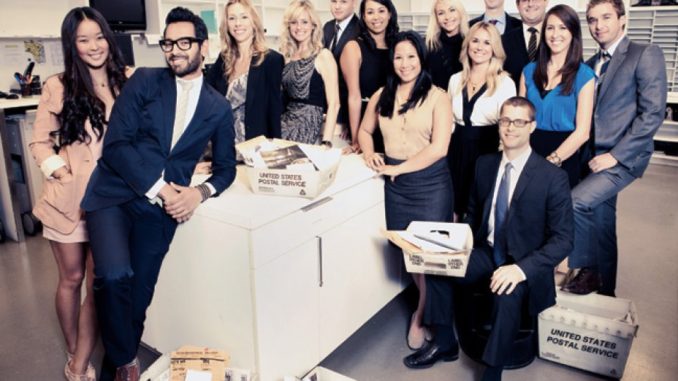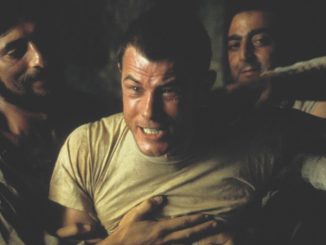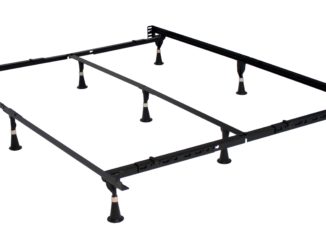
AGENTS
Brian Blumer
How would you describe your job?
As an agent at ICM I work long hours, twenty-plus hours a day where I am always sitting on the edge of my seat. I told people when I stepped into the office that I needed a seatbelt, because it would be a bumpy ride, and that was a good day. I spend the whole day turning “no’s into yes’s, and 15,000.00 offer into a 50,000.00 offer. Every conversation in being an agent is an uphill battle.
How did you get into it?
I did a summer internship at ABC while going to college at UCLA. The last department I worked in was public relations. I was doing publicity for shows like NYPD BLUE, ACCORDING TO JIM, MY WIFE AND KIDS, etc. It was suggested to me to go the agent route after my work there, and so I did. I interviewed with all the major agencies I could find, and after a grueling 10 interview process, I landed a spot at ICM in their trainee program which lasted for 3 years.
What are you looking for in other people?
As an agent looking for talent to book I always look for marketability. Do I believe they are going to work just as hard as I am to get their name out there? Do they work on networking as hard as they work on their art. Are they going to help me get them to the top, or would I be doing all the work?
What are the biggest mistakes that people make when it comes to doing your job?
Because we work with such a fast rate people forget details, and have a lack of following up, which screws the artist, and can cause us to lose clients. One mistake can mean a huge difference. In order to be a good agent you have to be quick on your feet, and know the answer immediately.
Why do some people get the gigs and others don’t?
Talent. Marketability. It’s about whether or not they can become a brand.
What makes you want to not work with someone?
A bad team. If an actor, musician, producer, etc. has a bad team there are too many cooks in the kitchen. It is hard to be productive for a client when everything has to be discussed with the whole team. The only time I was willing to go through that tedious process is if the client was worth over $100k a booking.
What is your typical day?
A typical day for me is getting into the office no later than 7AM. Turn on my computer and check for responses on any business from the day before. As my specialty is international, I have to attack the day according to time zone. First I call eastern Europe, followed by western Europe, followed by New York and work my way west. I feel like Santa Claus trying to deliver all of the gifts before sun-up. It’s a constant struggle to tackle the most important projects and maintain all other business on my agenda.
I call the most urgent or highest paying opportunities first and once I have left word for everyone, I can then start leaving word for the less pressing projects. After doing this for 9 hours straight, I might then call Australia and Asia and do the same thing until 4AM or until I pass out!
Agent Season – when is the best time to look for an agent?
January to May is pilot season and not a good time because agents can’t focus on new clients. By June they are in the offices, and it is a good time to look.
What would be your one major piece of advice for making it in Hollywood?
Be impeccable with your word, create value for the team. Show up with the spirit of, ‘What can I do to help?’, rather than, ‘What can I take and get?’
Many people have the misconception that once they step off the bus and have landed in HOLLYWOOD that casting directors are waiting at the bus stop ready to make them famous. It doesn’t work that way. You need an agent to get the auditions for you.
What is an agent? An agent isn’t the lipstick-wearing gum-chewing hustler you may have imagined, and many actors and newcomers think that the agent holds the secrets to their fame. This is simply not true. The agent can present opportunity, but having a resume full of home-town theatre may not be enough.
Good agents know the business and know if they can sell you. They know people on every level and it is up to him to develop the relationships needed to promote you. An agent builds his credibility by having an experienced actor who can nail an audition. Then it is up to the agent to negotiate your contract. He or she knows the rules and regulations within the SCREEN ACTORS GUILD, ACTORS EQUITY, and AMERICAN FEDERATION OF TELEVISION AND RADIO ARTISTS. If the actor works, the agent gets paid. If the actor doesn’t work, he does not make his percentage.
A FRANCHISED AGENT represents actors who are in one of the unions. To be franchised the agent is licensed by the state and abides by agency rules, regulations etc. Remember, in order to attract your first agent you have to have something to sell even if your mom and cousin at home told you that you are already a star. Student films, theatre, plays, and theatre groups are the best resources to get started and to get prepared to have an agent. Local acting classes have students who may have an agent and refer you to theirs as well. Working actors study acting. Period.
“Natural talent” must be trained as well. Put together an audition/sizzle/demo reel of your work and you can get this by doing student films. The unions have free agent listings in THE ACADEMY PLAYERS DIRECTORY and will mail you a copy if you ask. 310-278-8990 8949 wilshire Beverly hills 90210
Brian Blumer has moved on from ICM and is now in the field of Attorneys and job placement.
Proudly WWW.PONIREVO.COM



